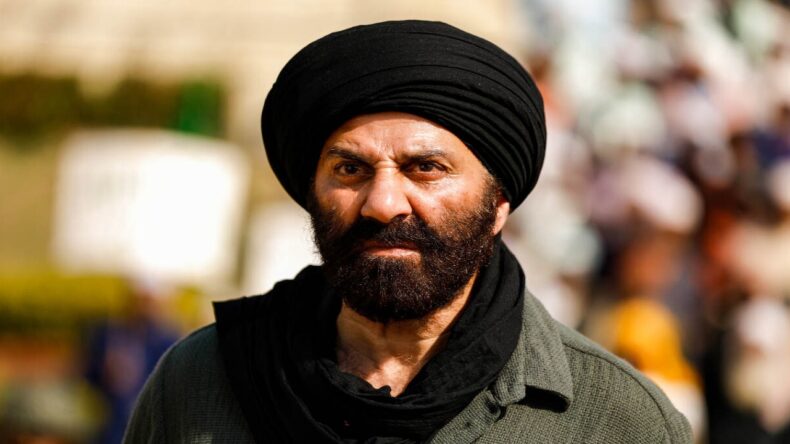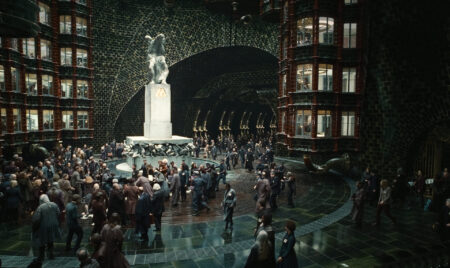Sunny Deol’s Gadar 2 has taken the Indian box office by storm, surpassing Rs 430 crore in just 15 days. However, amidst its spectacular success, the film has become embroiled in a controversy, accused of being ‘anti-Pakistan.’ In an exclusive interview with BBC Asian Network, Sunny Deol shared his perspectives on the film’s achievements, the criticism it has faced, and the broader role of cinema in our society.
Gadar 2’s Blockbuster Success
Gadar 2, the spiritual successor to the 2001 blockbuster Gadar: Ek Prem Katha, has captivated audiences and shattered box office records. Sunny Deol’s reprisal of the iconic character Tara Singh against the backdrop of the 1971 Indo-Pakistan war struck a chord with viewers, propelling the film to meteoric success.
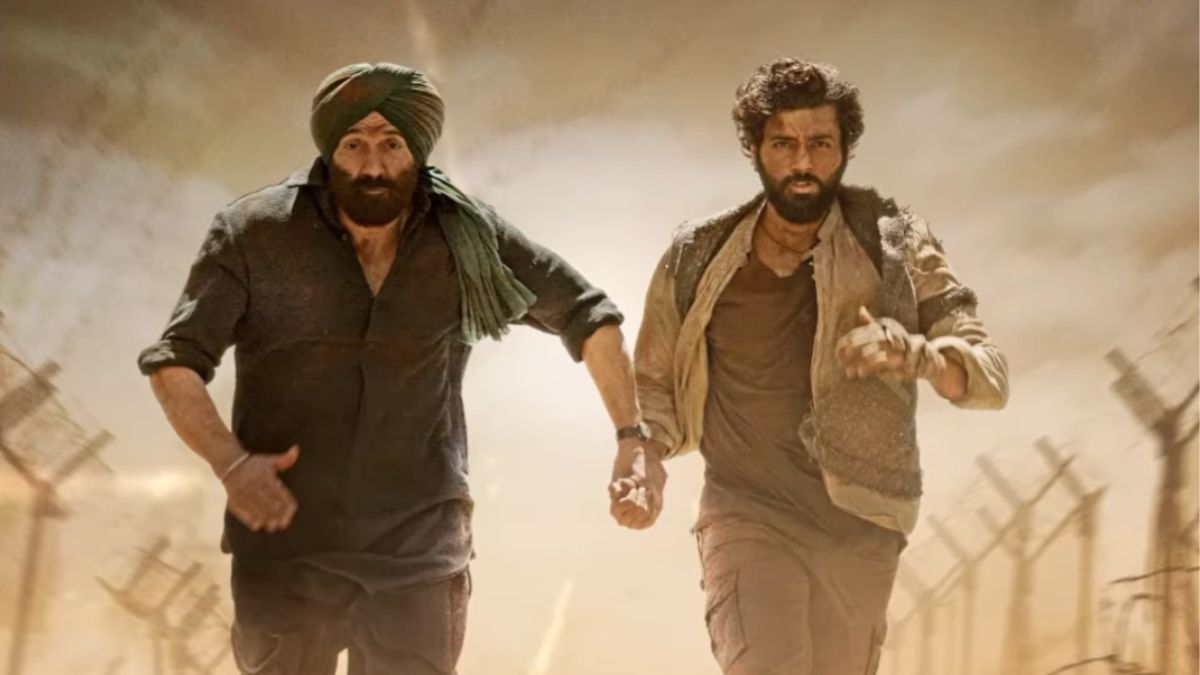
The Anti-Pakistan Controversy
Yet, this triumph has been accompanied by allegations of the film being ‘anti-Pakistan.’ Some segments of the audience have criticized Gadar 2 for its portrayal of Pakistan in a negative light, sparking a spirited debate about the role of cinema in shaping public perceptions of geopolitics.
Sunny Deol’s Thoughtful Insights
During his interview, Sunny Deol delved into the heart of the controversy. He acknowledged the historical animosity between India and Pakistan stemming from the partition of 1947 but underscored that times have evolved, turning this animosity into a political issue. Sunny emphasized the shared humanity and the desire for reconciliation that exists on both sides of the border.
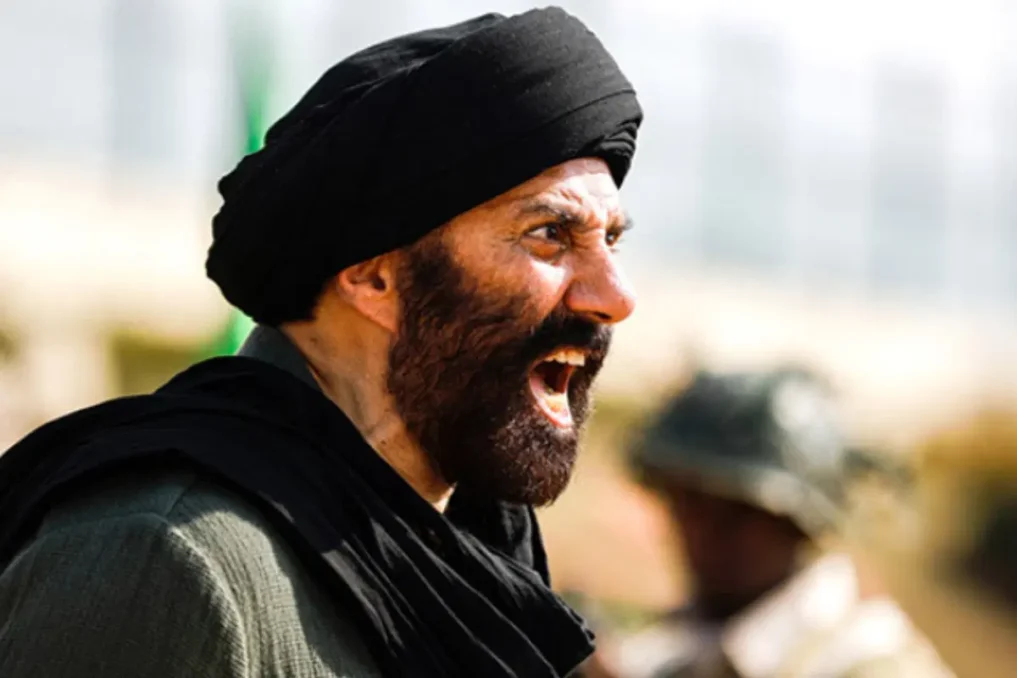
Portraying Characters with Dignity
Sunny Deol was clear about his approach to filmmaking. He stressed his unwavering commitment to never belittling any character in his films, including Gadar 2. Even Tara Singh, a character caught in the throes of war, was not intended to demean anyone. For Sunny, cinema should reflect the intricate shades of human nature.
Realism in Cinema
Drawing parallels with his earlier work, particularly ‘Border,’ Sunny Deol explained that such films are grounded in real accounts and experiences of soldiers during wartime. He pointed out that while audiences may interpret these portrayals differently, they are firmly rooted in actual events.
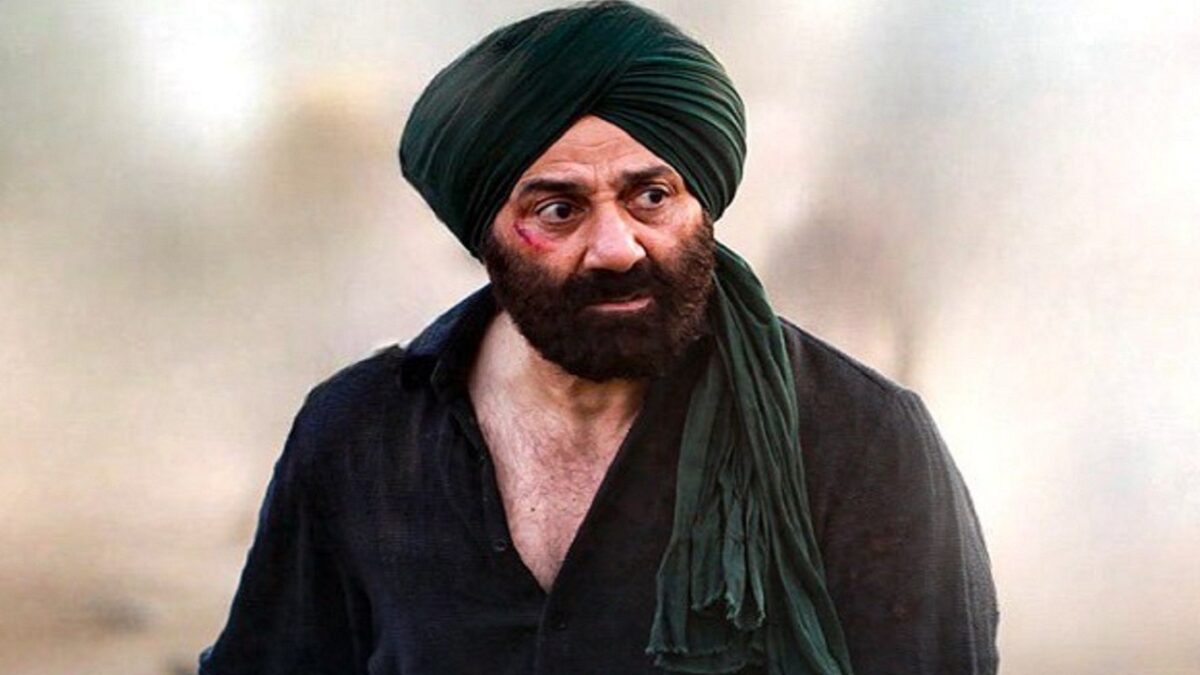
Cinema as Entertainment
In response to concerns about the film’s impact on exacerbating tensions in today’s socio-political climate, Sunny Deol offered a simple yet profound message: “Don’t take these films so seriously.” He reiterated that the primary purpose of cinema is to entertain, to weave narratives where characters, whether heroes or villains play their roles in driving the story forward.
Cinema’s Power to Reflect Society
Sunny Deol’s comments raise questions about the influence of cinema on society. Movies often serve as mirrors, reflecting the socio-political climate of their time. In the case of ‘Gadar 2,’ it portrays historical events and characters, which can evoke strong emotions and opinions. This phenomenon highlights the importance of responsible storytelling in cinema and the need for viewers to engage critically with films that touch upon sensitive topics.
Navigating the Thin Line of Patriotism
The ‘anti-Pakistan’ label underscores the fine line that filmmakers often tread when depicting patriotism and nationalistic fervor. Films that touch on historical conflicts can inadvertently stir strong nationalistic sentiments. Sunny Deol’s approach of not belittling characters, even in a war setting, raises the question of how filmmakers can portray patriotism without demonizing others, emphasizing the role of cinema as a platform for fostering understanding.
Cinema’s Legacy of Political Impact
Throughout history, cinema has demonstrated its ability to shape public opinion and influence political discourse. Films like ‘Gadar 2’ have the potential to resonate with audiences on a deep level, impacting their perceptions of historical events and nations. The controversy surrounding the film highlights cinema’s dual role: as a source of entertainment and as a medium for political expression. It prompts us to consider the responsibility that filmmakers carry when tackling sensitive subjects.
The Responsibility of Filmmakers
Sunny Deol’s stance on dignified character portrayal aligns with a broader discussion within the film industry about the responsibility of filmmakers in today’s globalized world. As stories transcend borders, filmmakers must consider the impact their work can have on international relations. While cinematic exaggeration can enhance storytelling, it also necessitates a delicate balance to avoid reinforcing stereotypes or fueling tensions.
In the end, Sunny Deol’s interview provides a multifaceted perspective on the role of cinema in our society. ‘Gadar 2’ has not only achieved remarkable success but also ignited a passionate debate. It reminds us that cinema, with its storytelling prowess, holds the power to entertain, inspire, and provoke thought. Sunny Deol’s plea not to take films too seriously encourages viewers to enjoy the magic of cinema while remaining vigilant about the broader narratives it may inadvertently perpetuate.







